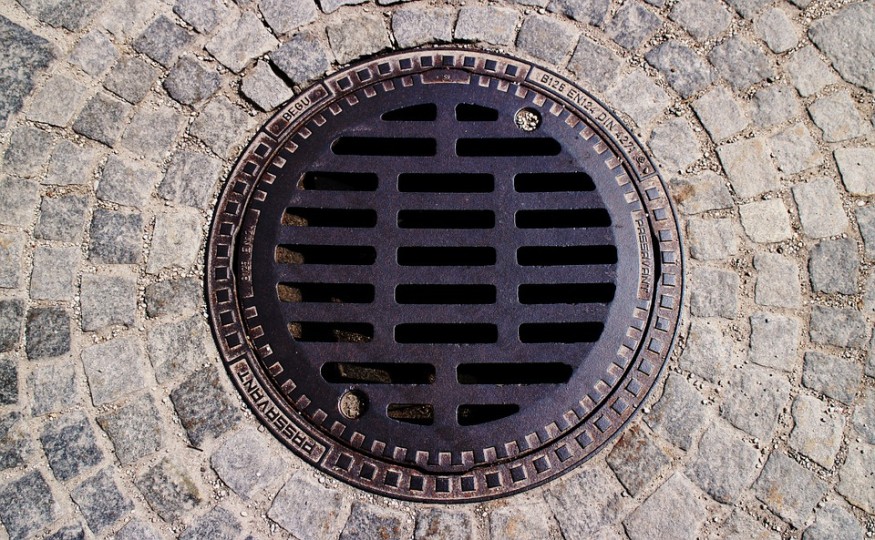
Researchers from KWR Institute in the Netherlands reported on Monday that SARS-CoV-2 was present in the sewage of a Dutch City weeks before the first cases of coronavirus were reported in that city. The finding of the said study, according to researchers, indicates that sewage surveillance may be used as a "sensitive tool" in monitoring COVID-19 transmission in the area.
According to the research study, Sewage samples of 7 cities and the airport were tested to determine if SARS-CoV-2 is present in sewage during the emergence of COVID-19 in the Netherlands. No novel coronavirus was detected on February 6, three weeks before the first case which was reported on February 27. On March 5, the novel virus was detected in five sites; and six sites on March 15 and 16. Coronavirus was detected from the wastewater treatment plant in Amersfoort, located about 50 kilometers (32miles) southeast of Amsterdam on March 5, before reports of cases in the city.
This, according to the study, is the first report of detection of SARS-CoV-2 in sewage.
The virus responsible for COVID-19, SARS-CoV-2 is often shed in an infected person's stool. Although it is unlikely that the sewage will become a route of transmission, the increasing transmission in communities will increase the amount of novel coronavirus flowing in the sewer system, Gertjan Medema and colleagues at the KWR Water Research Institute in Nieuwegein said on Monday.
After the confirmation of the first case on February 27, health workers were found to have fallen ill with the infection in a southern part of the country days later, and an indication that the novel coronavirus was spreading in the community.
"It is important to collect information about the occurrence and fate of this new virus in sewage to understand if there is no risk to sewage workers, but also to determine if sewage surveillance could be used to monitor the circulation of SARS-CoV-2 in our communities," Medema, the institute's principal microbiologist, and the study's co-author said in a paper. These findings could complement clinical surveillance which is only given to COVID-19 patients with severe symptoms.
Sewage surveillance has been used to detect poliovirus and antibiotic-resistant bacteria, as well as drug prevalence in the population.
The detection of the novel coronavirus in the sewage, even at low levels indicates that sewage surveillance may be used as a "sensitive tool" to monitor the transmission of the virus in the population, the researchers reported.
The researchers are confident that this study is beneficial in tracking the spread of COVID-19. According to the Institute's website, they hope that after this current peak of the pandemic, possibly this winter, sewage screening may provide early detection if the virus transmission is increasing.
Coronavirus cases in the Netherlands
As of March 31, the National Institute for Public Health and the Environment (RIVM) reports that the total number of confirmed COVID-19 cases in the Netherlands is 12,595. The total number of hospital admission is 4,712, the virus has claimed 1,039 lives since the first reported case on February 27.
The Institute warns that since not all COVID-19 patients are tested, the actual numbers of COVID-19 patients in the Netherlands are higher than the numbers that they report.
© 2025 NatureWorldNews.com All rights reserved. Do not reproduce without permission.





